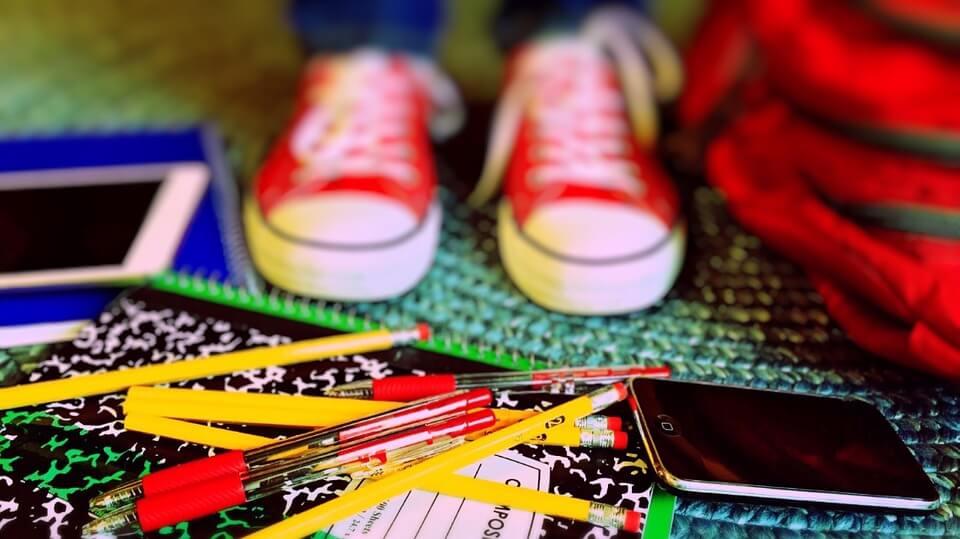
Caption
Students who were enrolled in a public school between March 13, 2020 and May 14, 2021 and have an Individualized Education Program, or IEP, can apply to be reimbursed for educational expenses incurred during that period.
Credit: Pixabay

